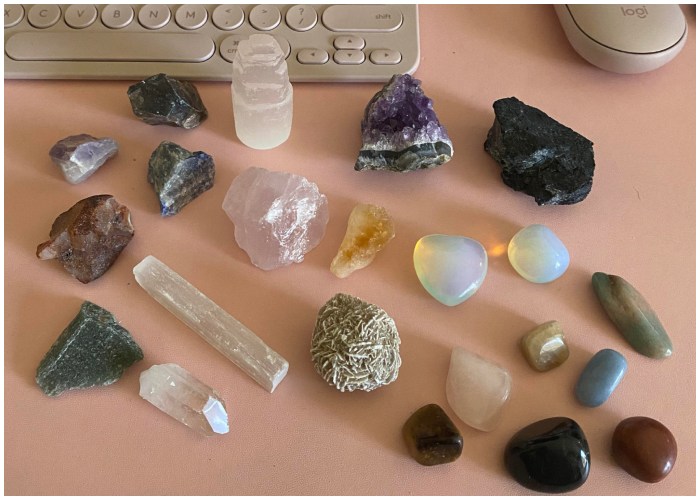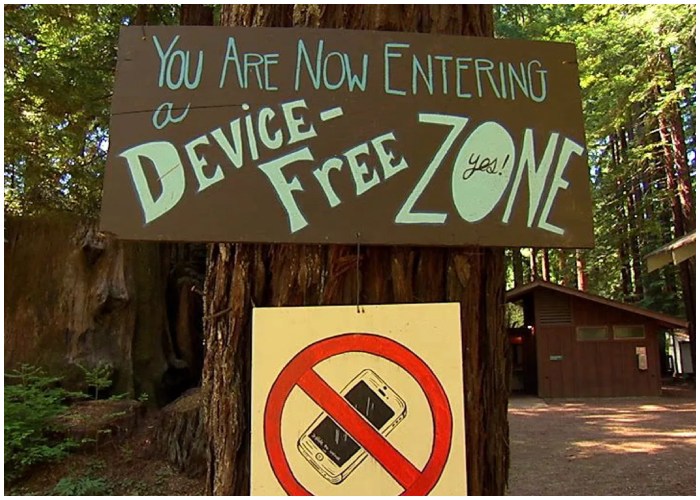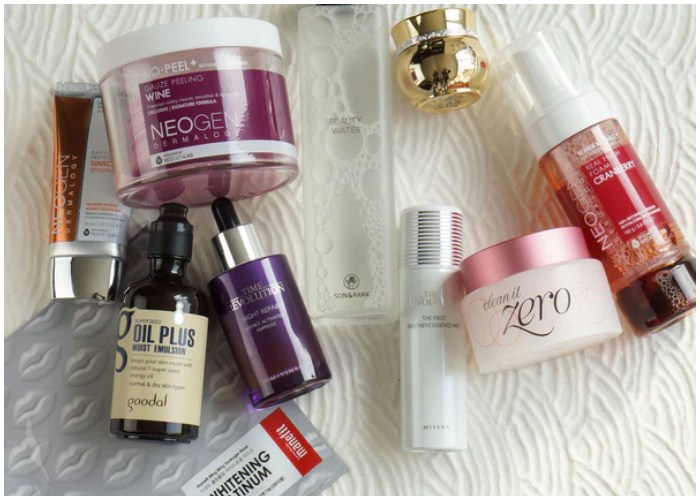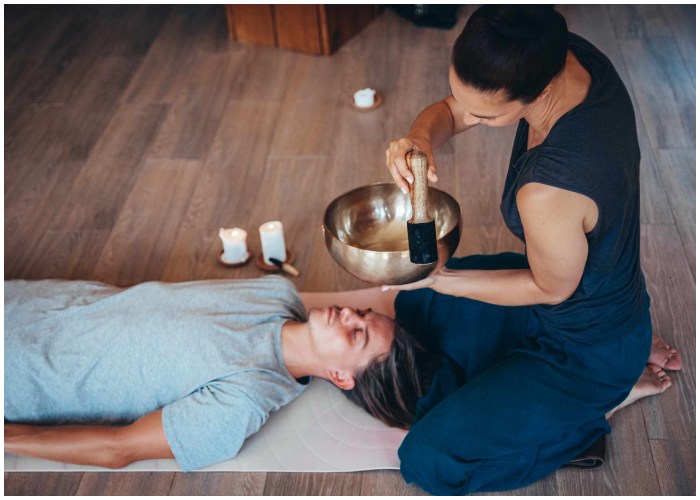Self-care has become a booming industry, with countless trends promising to improve your well-being and bring balance to your life. From elaborate skincare routines to exotic wellness retreats, there’s always a new trend to try. But are these practices truly effective, or are they just clever marketing disguised as self-care? While some trends deliver on their promises, others fall short—costing time, money, and energy that could be better spent elsewhere.
As someone who’s tried and tested countless self-care methods, I’ve learned that straightforward practices often yield the most profound results. Authentic self-care doesn’t need to be expensive or trendy; it just needs to work. That’s why it’s important to separate hype from reality. Let’s explore 2024’s most overrated self-care trends and highlight alternatives that make a difference in your mental, emotional, and physical well-being.
1. Crystal Healing
Crystals have been marketed as a magical fix for everything from anxiety to insomnia, but science doesn’t back the hype. While holding a rose quartz might feel calming, studies show its effects are more about placebo than any inherent healing property. Spending hundreds on crystals can leave you financially drained without delivering measurable results.

What Actually Works: Journaling for Mental Clarity
Instead of splurging on a crystal collection, grab a journal and start writing. Expressive writing is backed by research as a tool to reduce anxiety, improve mood, and boost clarity. It’s affordable, accessible, and proven to help you process emotions effectively.
2. Digital Detox Camps
The idea of escaping to a tech-free retreat might sound appealing, but these pricey camps often miss the mark. The stress of returning to dozens of unread emails and missed messages can undo any relaxation achieved. Plus, many participants struggle to disconnect fully, leaving them more anxious than when they arrived.

What Actually Works: Setting Realistic Screen-Time Boundaries
Rather than an expensive retreat, implement daily limits on screen time. Use features like “Do Not Disturb” or app timers to manage your tech use. Allocating specific times to disconnect—like during meals or before bed—can have a bigger impact on reducing stress and improving focus.
3. Expensive Adaptogenic Drinks
Adaptogens like ashwagandha and reishi mushroom have been turned into trendy elixirs, with promises to reduce stress and boost energy. While adaptogens do have some benefits, overpriced powders and drinks often deliver minimal amounts of these ingredients, making them more of a luxury than a necessity.

What Actually Works: Mindful Nutrition
Instead of chasing the latest drink fad, focus on a well-rounded diet rich in whole foods. A balanced intake of vegetables, fruits, proteins, and healthy fats supports your body’s natural stress response. Pair it with mindful eating practices, like chewing slowly and savoring meals, to enhance digestion and mental well-being.
4. 10-Step Skincare Routines
Social media has glamorized the idea that you need a multi-step skincare regimen to achieve glowing skin. However, dermatologists agree that piling on too many products can irritate your skin and cause more harm than good. These routines also eat up time and money without guaranteed results.

What Actually Works: Simplified Skincare
A simple routine with three essentials—cleanser, moisturizer, and sunscreen—is enough for most skin types. Stick to products with proven ingredients like hyaluronic acid, niacinamide, or retinol, and focus on consistency rather than excess. Not only is this easier to maintain, but it’s also better for your wallet.
5. Sound Baths and Healing Frequencies
Sound baths have become a popular form of relaxation, but the evidence supporting their effectiveness is limited. While soothing sounds can certainly calm the mind, the exaggerated claims of deep healing or chakra alignment often don’t hold up to scrutiny.

What Actually Works: Guided Meditation
Meditation apps like Calm or Headspace offer guided practices designed to reduce stress, improve focus, and promote emotional balance. These apps are accessible and allow you to incorporate mindfulness into your daily routine without over-the-top claims.
6. Manifestation Journals
Manifestation journals encourage you to write down dreams in the hopes of making them a reality. While goal-setting is a proven strategy for success, manifestation alone often lacks actionable steps, leaving users frustrated when their desires don’t materialize.

What Actually Works: SMART Goal Planning
Transform vague aspirations into tangible achievements with SMART (Specific, Measurable, Achievable, Relevant, Time-bound) goals. By breaking dreams into actionable steps, you’re more likely to see real progress, whether it’s advancing your career or improving personal relationships.
Balancing Real Self-Care
True self-care isn’t about following trends but creating routines that genuinely improve your quality of life. The most effective practices don’t require flashy products or expensive retreats. They involve sustainable habits that nurture your mind and body, such as regular exercise, quality sleep, meaningful social connections, and simple mindfulness practices.
As you navigate the overwhelming sea of self-care advice in 2024, remember to prioritize what feels right for you and aligns with your lifestyle. After all, self-care is about your well-being, not what looks good on Instagram.